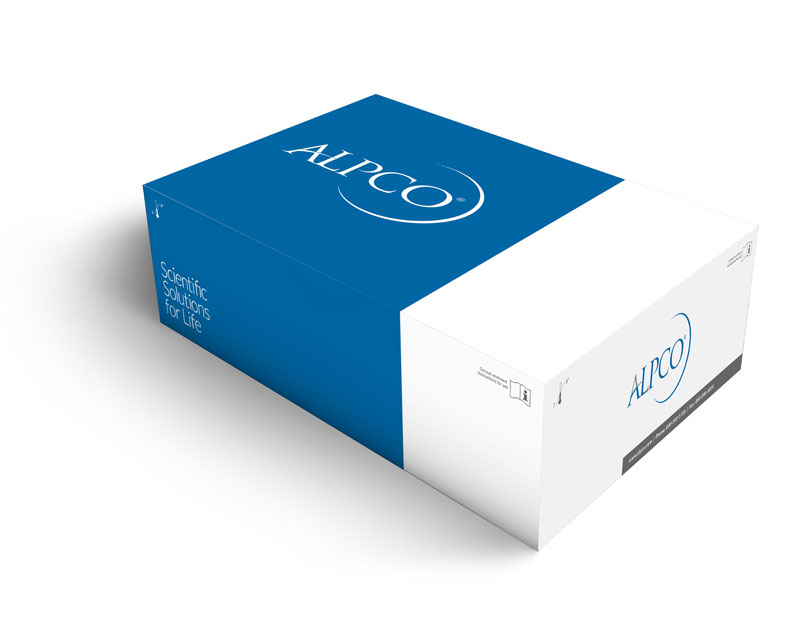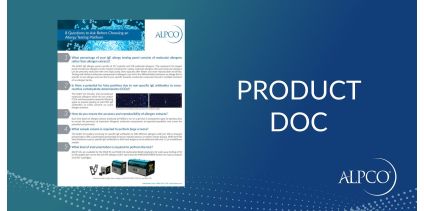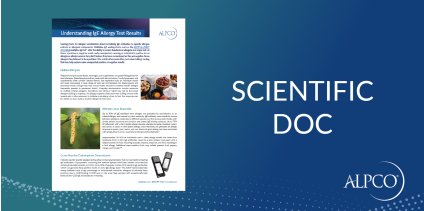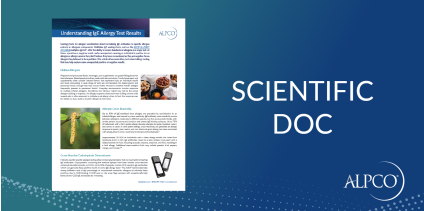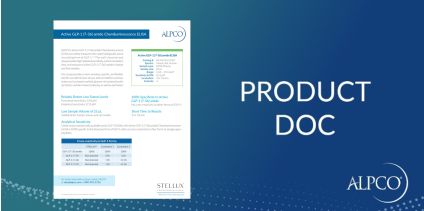IGFBP-1 ELISA
Dynamic range
1-250 ng/mL
Sensitivity
0.5 ng/mL
Sample size
25 µL
Insulin-like growth factor binding protein-1 (IGFBP-1) is one of six proteins that specifically bind insulin-like growth factors I and II (IGF-I and IGF-II) in body fluids and tissues. IFGBP-1 contains 234 amino acids, with a predicted molecular mass of 25 kDa. The major sites of IGFBP-1 synthesis are the fetal /adult liver and decidualized endometrium. Serum levels of IGFBP-1, which reflect its synthesis by the liver, exhibit considerable diurnal variation. Circulating IGFBP-1 levels are highest early in the morning and lowest in the evening. The levels are high in the fetus and newborn, but decline steadily until puberty. The mean level of IGFBP-1 in healthy adults is 4.4 µg/l (range 0.6-14.4 µg/l). After about 65 years of age, serum IGFBP-1 levels begin to increase. There is also an inverse correlation between body mass index (BMI) and fasting serum IGFBP-1 concentrations.
The most important regulator of circulating IGFBP-1 is insulin. Fasting insulin and IGFBP-1 concentrations are inversely correlated. During a 3-h glucose tolerance test, there is a decrease of about 50% in serum IFGBP-1 levels. Eating a meal also has a decreasing effect. In insulin-dependent diabetes (IDDM), serum IGFBP-1 levels are elevated. In non-insulin dependent diabetes, in which insulin levels are high, serum IGFBP-1 is decreased. Low levels of IGFBP-1 have also been observed in the following cases: acromegaly, Cushing’s syndrome and polycystic ovarian syndrome (PCO).

